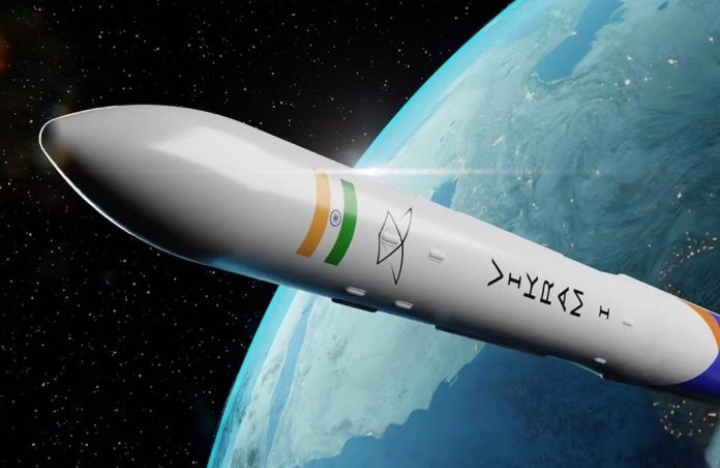The space sector race can indeed play a significant role in determining world superpowers, as technological advancements, scientific discoveries, and strategic positioning in space can provide a nation with economic, military, and geopolitical advantages.
Historically, countries like the United States and the Soviet Union experienced this during the Cold War era with their space race.
Today, nations like China, Russia, the United States, and emerging players like India and private companies like SpaceX are actively competing in the space sector, potentially shaping the landscape of global power dynamics.
1. **Technological Innovation**: A nation heavily invested in the space sector can drive technological advancements, leading to breakthroughs in various fields such as materials science, propulsion systems, and robotics. For example, the United States’ Apollo program spurred the development of numerous technologies, including integrated circuits, which later revolutionized computing.
2. **Economic Growth**: Dominance in space can translate into economic supremacy as companies within the nation’s space sector capitalize on opportunities for commercial satellite launches, space tourism, and resource extraction from celestial bodies. For instance, SpaceX, headquartered in the United States, has become a major player in the global space industry, securing contracts from both governmental and private entities.
3. **Military Superiority**: Control over space assets provides strategic advantages in defense and intelligence gathering. Satellites enable surveillance, communication, and navigation capabilities crucial for military operations. Countries like Russia and China have demonstrated their capabilities in anti-satellite weapons, emphasizing the importance of space dominance in modern warfare.
4. **Global Influence**: Being a leader in space exploration enhances a nation’s soft power and international prestige. Collaborative ventures, such as the International Space Station (ISS), allow countries to foster diplomatic relations and showcase their technological prowess on a global stage. The European Space Agency’s contributions to the ISS exemplify how participation in space missions can enhance a region’s influence.
5. **Scientific Leadership**: Advancements in space research contribute to scientific discoveries with implications beyond the confines of Earth. A nation leading in space exploration can attract top scientific talent and establish itself as a hub for cutting-edge research. NASA’s missions, such as the Mars rovers and the Voyager probes, have yielded invaluable scientific insights, reinforcing the United States’ position as a scientific powerhouse.
Overall, a nation’s dominance in the space sector can elevate its status to that of a world superpower by driving technological innovation, fostering economic growth, enhancing military capabilities, increasing global influence, and promoting scientific leadership.
For more information visit at www.happenrecently.com

